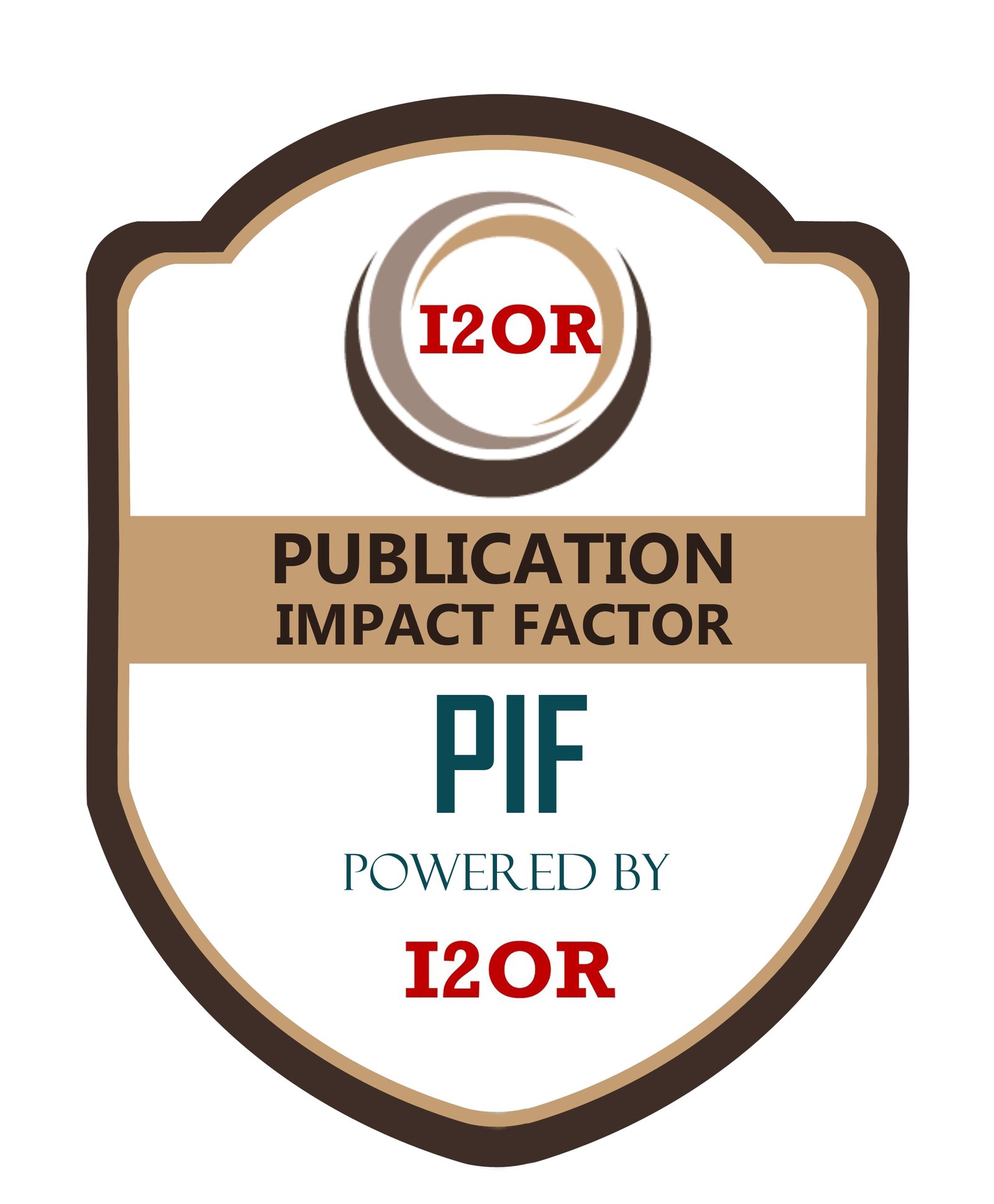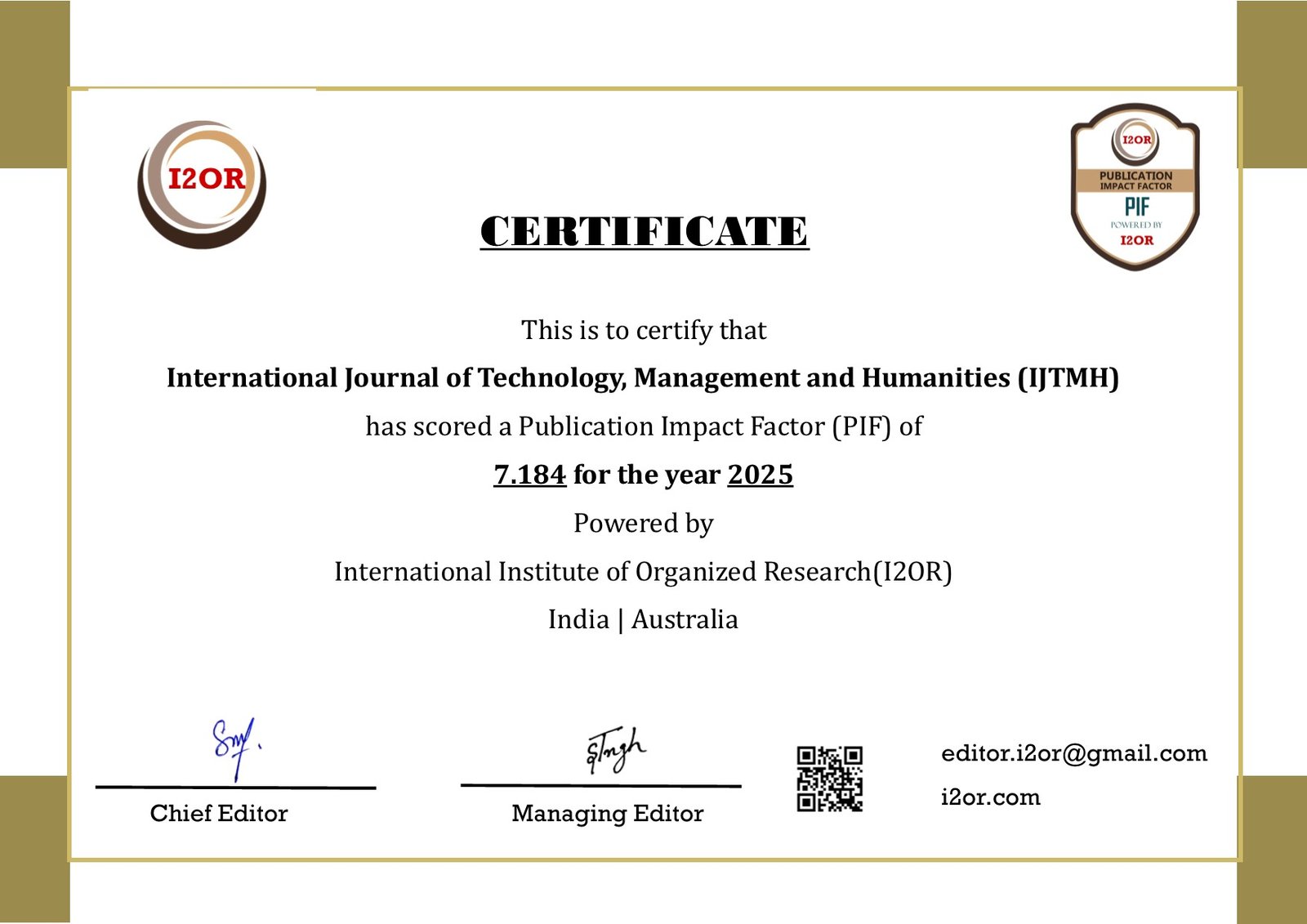AI-Driven Quality Assurance for Secure Software Development Lifecycles
DOI:
https://doi.org/10.21590/ijtmh.09.01.03Keywords:
Artificial Intelligence, Quality Assurance, Secure Software Development Lifecycle, Vulnerability Detection, Machine Learning, Predictive Risk Modeling, Software Security, Automation.Abstract
The growing complexity of current software systems has intensified the need for sound and safe
development practices. Conventional quality assurance (QA) tends to be ill-equipped to cope
with the fast-changing threat vectors, so it ends up with the vulnerability being unidentified and
taking too long to fix. Artificial Intelligence (AI) has a disruptive potential due to the
automatization of key processes of the Software Development Lifecycle (SDLC), which results
in the increase of efficiency and security. Computer-assisted QA uses machine learning models
and intelligent automation to conduct the code analysis (static and dynamic), anomaly detection,
and prioritization of vulnerabilities in real-time. The process will reinforce continuous
integration and deployment (CI/CD) pipelines, allowing the proactive process of risk modeling
and proactive security. In addition, AI-based test case generation and optimization minimizes
human error, increases coverage and speed. Although these advantages exist, issues like data
quality, transparency of algorithms, and trust of the recommendations provided by AI have to be
mitigated in order to guarantee the credibility of the results. With the introduction of AI to the
QA processes, organizations are able to have safer, more resilient and cheaper software
development lifecycle cycles besides being in compliance with the standards of security.







